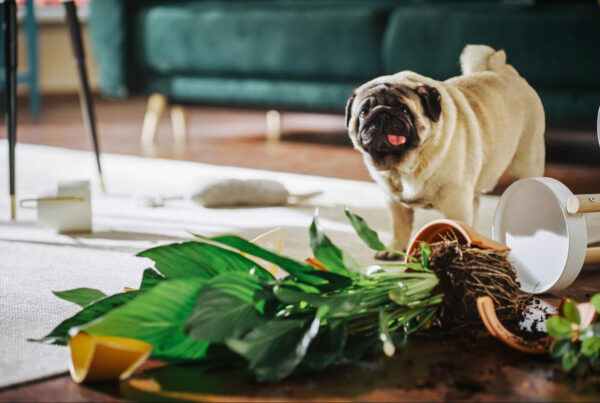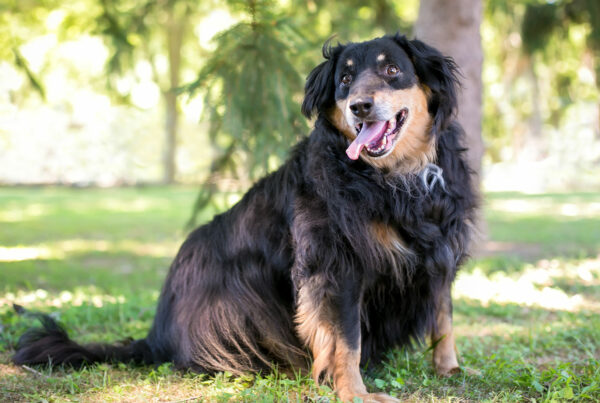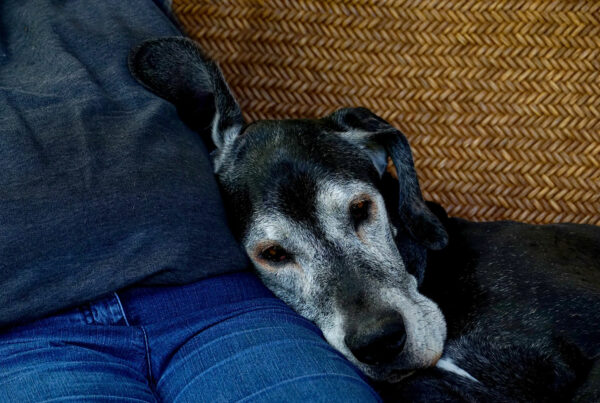Dogs are natural chewers, but when your favorite shoes or furniture become their target, it can feel frustrating and expensive. Chewing is a common behavior that can stem from various causes. Learning why dogs chew and how to redirect this behavior can help maintain harmony in your home.
Why Do Dogs Chew?
Exploration
Chewing is a way for dogs to explore their world. Just as humans use their hands to interact with objects, dogs use their mouths. Puppies, in particular, chew to understand textures, tastes, and their environment.
Teething
Puppies between three to six months of age often chew more as they go through teething. It helps alleviate the discomfort of growing new teeth.
Boredom or Stress
Dogs left alone for long periods can develop boredom or separation anxiety. Chewing may become a coping mechanism for these emotions. Stress triggers such as loud noises, changes in routine, or a lack of mental stimulation can also lead to destructive chewing.
Attention-Seeking Behavior
If chewing has previously led to a reaction, your dog may repeat the behavior to gain your attention, even if it’s negative.
Nutritional Deficiency
Some dogs chew on non-food items, like rocks or dirt, as a sign of pica, which can stem from a lack of proper nutrients in their diet.
How to Stop Dogs from Chewing
Provide Appropriate Chew Toys
Invest in sturdy, safe chew toys that match your dog’s chewing strength and size. Rotate toys regularly to keep them exciting and engaging.
Use Positive Reinforcement
When your dog chews on appropriate items, reward them with praise, a treat, or extra playtime. This reinforces good behavior and helps them learn what’s acceptable to chew.
Exercise and Mental Stimulation
A tired dog is a well-behaved dog. Regular walks, games, and puzzle toys can reduce boredom and the likelihood of chewing out of frustration. Interactive play sessions also strengthen the bond between you and your dog.
Crate Training
Crate training can be a helpful tool, especially for puppies. A properly sized crate provides a safe space when you’re unable to supervise your dog. Be sure to introduce the crate as a positive environment.
Address Anxiety
If anxiety drives your dog’s chewing habits, work to identify triggers and create a soothing environment. Background music, calming sprays, or professional training can be beneficial.
Seek Veterinary Advice
Persistent chewing, especially on unusual items, may indicate underlying health issues. A veterinarian in Lubbock can assess your dog’s overall health and suggest dietary adjustments or treatments if needed.
Preventing Future Chewing Problems
Dog-Proof Your Home
Remove tempting items from your dog’s reach, such as shoes, remote controls, or children’s toys. Providing safe alternatives can minimize temptation.
Use Deterrent Sprays
Bitter-tasting sprays can be applied to furniture or items to discourage chewing. Be sure to test these sprays on a small area first.
Regular Check-Ins with Your Lubbock Vet
Routine visits to your local animal hospital in Lubbock ensure your dog’s health and behavior are on track. A vet can provide personalized recommendations to address chewing issues.
Get Advice From Live Oak Animal Hospital
Chewing is a natural part of your dog’s life, but with the right approach, you can guide their behavior to avoid destruction. Understanding the reasons behind your dog’s chewing and addressing them proactively is key to a happy pet and a happy home.
If your dog’s chewing habits are causing concern or if you need professional guidance, reach out to Live Oak Animal Hospital. Our team of experienced veterinarians in Lubbock is here to help. Schedule an appointment today, and let us work together to ensure your furry friend’s health and happiness!





